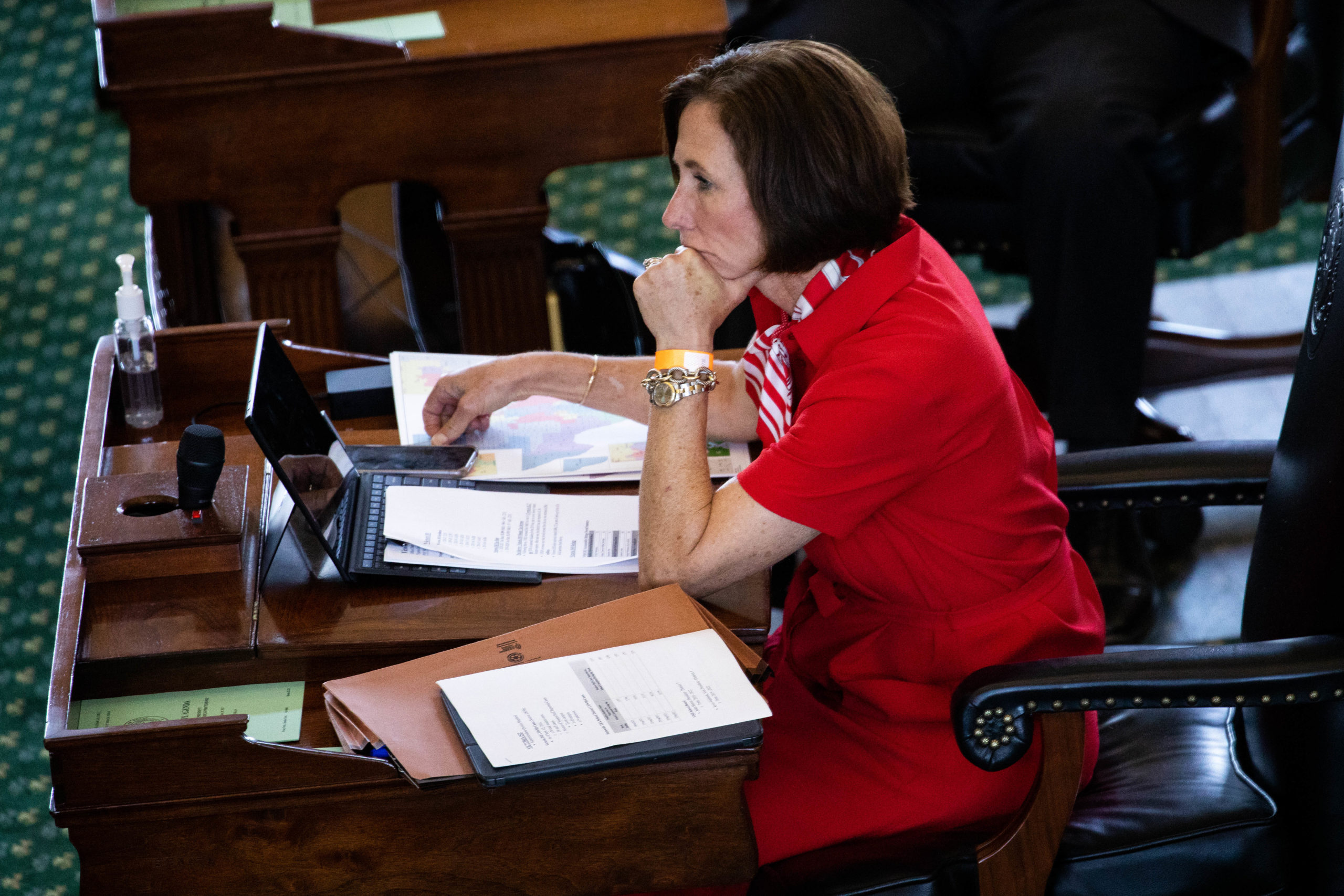Last month, Texas state senator Lois Kolkhorst filed a bill in the state legislature that would ban, not just governments, but citizens of China, Iran, North Korea and Russia from buying land in Texas.
Almost immediately, Gov. Greg Abbott came out in support of the measure, saying that if given the opportunity, he would sign it into law. This comes at a time when U.S.-China relations are especially rocky. For the time being, the fate of the bill is still up in the air.
David Goodman, Houston Bureau chief for the New York Times, has been covering this story and joined Texas Standard to discuss. Listen to the story above or read the transcript below.
This transcript has been edited lightly for clarity:
Texas Standard: You write about restrictions on Chinese purchases of land, sort of the rumblings, starting back in 2020 when a Chinese company bought thousands of acres of land around Del Rio down in the border region. Can you give us a back story there?
David Goodman: Yes. So there was a lot of attention to purchases by this Chinese billionaire, Sun Guangxin, who had plans, I guess, to build a wind farm there. That was the intention that was expressed at the time. And there was a rising opposition in the area because of an Air Force base that’s in the Del Rio area that folks had thought the wind farm could interfere with, and also that there was possibly a national security problem with having a Chinese company owning the land around a U.S. military installation and then also constructing a wind farm that would then be connected to the Texas grid.
And so what the Legislature did in Texas in 2021 was pass a bill that was fairly uncontroversial to prevent sort of investments into critical infrastructure projects. And so this kind of thing would fall into that. And that bill passed pretty seamlessly at that point.
But, you know, since then, I’ve been reading quite a lot about concerns not just in Texas, but in other parts of the country around Chinese property purchases – specifically near military installations and that sort of thing. How widespread is this?
Well, the actual ownership of agricultural land in the United States by Chinese companies is fairly low when compared to other foreign ownership. Actually less than 1% of the foreign-owned land in the United States is in Chinese hands. Canada has by far the most – I think it’s about a third. But the concern has been rising because of increased tensions between the United States and China, which is the United States’ primary geopolitical rival now. And so you’ve had a lot of attention to projects that are situated very, very close to military installations around the country.
And so you had a corn mill, I believe it was in North Dakota, that initially the investment and rehabbing by a Chinese company into that property was celebrated by local officials in the area. And last month, I believe those same officials came under heavy criticism for having backed it. And in fact, the Air Force said this was potentially a threat. And so that whole deal sort of fell apart. And there’s just been this kind of geopolitics brought to bear on these foreign investments all over the country, now we’re seeing.
Yeah, literally, I mean, in some people’s backyards, I suppose you could say. But one of the things that stands out about this proposal by Sen. Kolkhorst is that it doesn’t just ban the country of China or Russia, but citizens as well. Is that where a lot of this bill’s criticism is coming from?
Yeah, that’s absolutely right. I mean, what we’re seeing now around the country, there’s at least 11 states that have either bills pending or have considered bills during their sessions this year to do something about foreign land ownership. But most of those bills are either primarily talking about agricultural land or they’re talking about foreign governments and not about the citizens of particular countries, really.
Texas is unique in both its breadth, in terms of applying to all kinds of real estate – not just land, but houses, condos – and having that apply not only to foreign citizens who might be living in a country like China, but those who have immigrated here and are living legally as permanent residents of the United States. And that’s really where the opposition came from. You’re not only trying, as the advocates would say, to address a potential national security issue, but there was actually a discriminatory measure that needed to be opposed.
Do you have a sense of how much support there might be in the Texas Legislature for this measure?
Well, what we’ve seen is that Gov. Abbott has come out publicly and said he would support Kolkhorst’s bill. At the same time, there’s a separate measure also before the Legislature that’s a little bit more moderate in the sense that it would take the 2021 bill that passed and really just adds agricultural land to “critical infrastructure.” So if there’s support for doing something about Chinese land ownership, but folks feel like they don’t want to go as far as the bill that the governor has already endorsed, there is another way out. And I should also say that the senator herself has said that she would actually amend the bill to make it clear that it would not apply to permanent legal residents of the United States from China, which has been the main concern of the opponents. So we’ll see where that goes.













